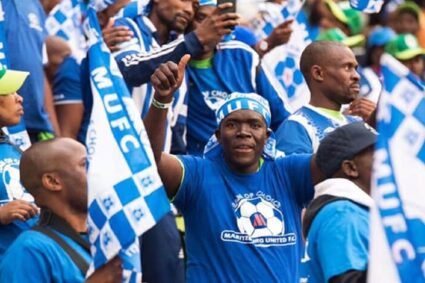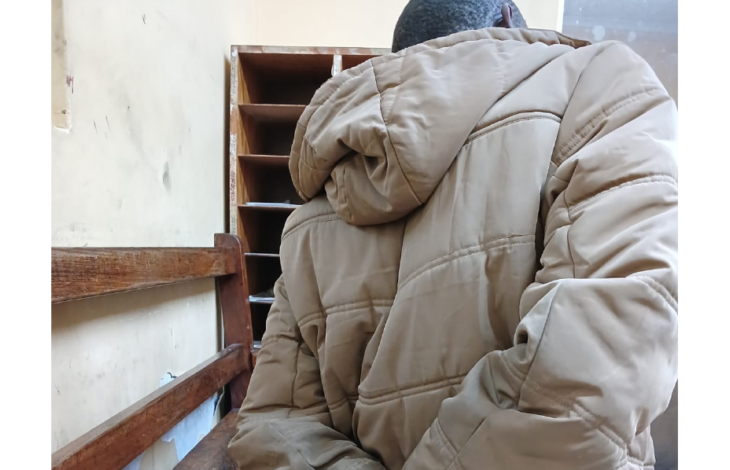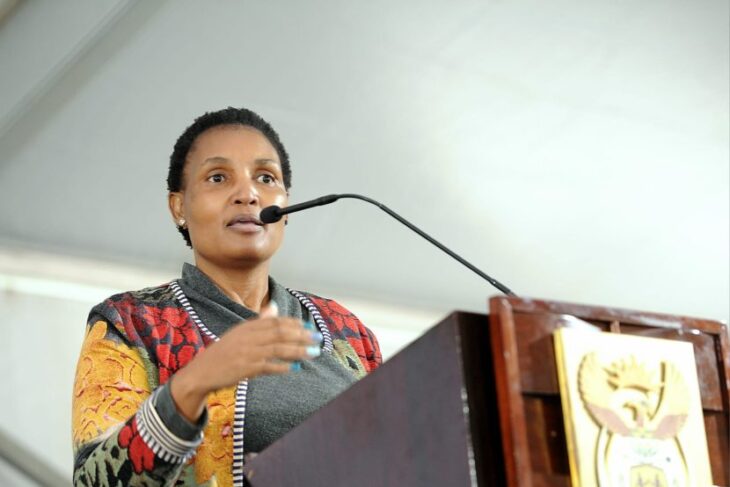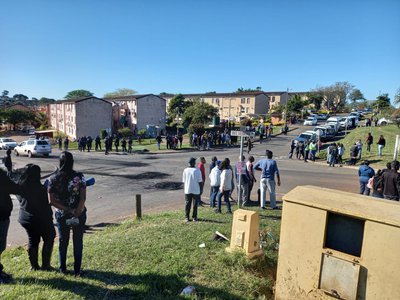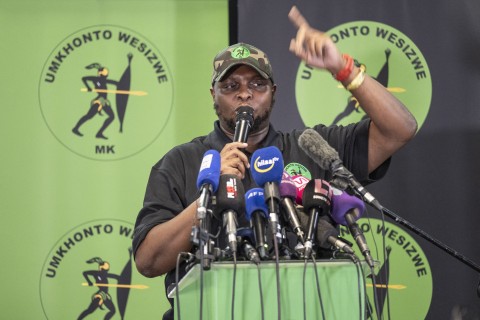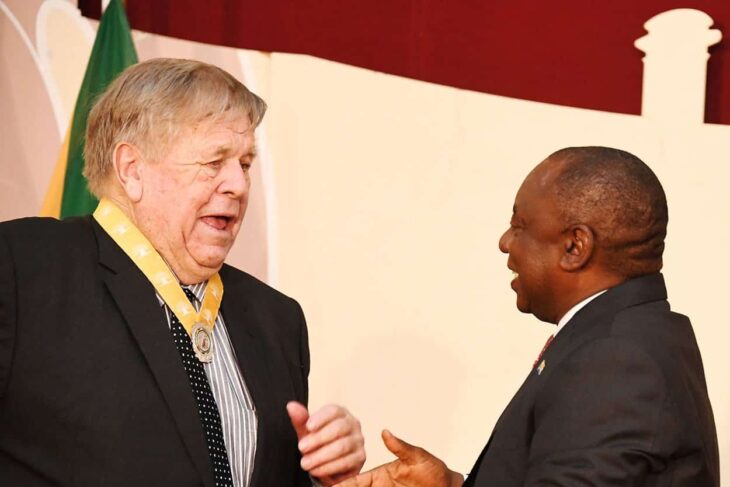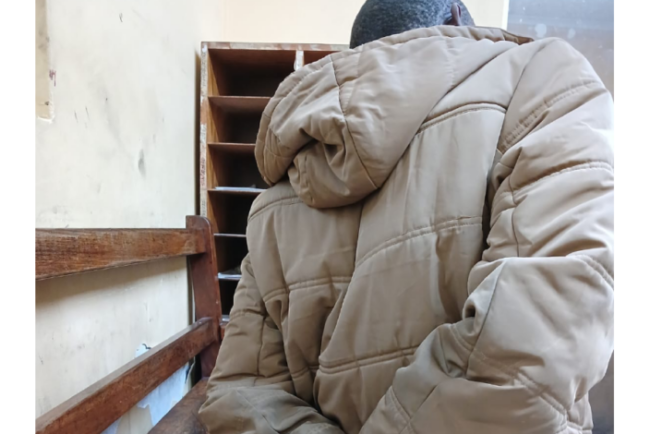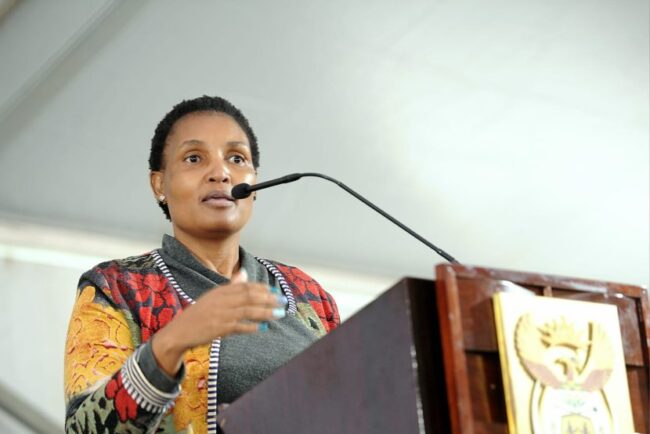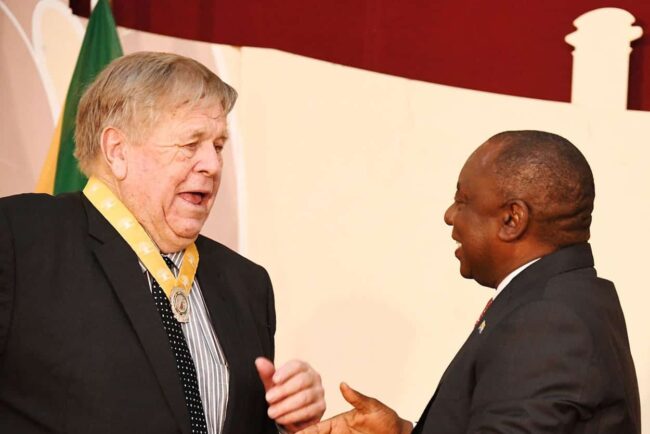
Rulani Mokwena and Mamelodi Sundowns had their partneship for years until he was sacked with none of us knowing the real reason but his uncle brought it to the light.
South African football legend Jomo Sono has recently shed light on the unexpected dismissal of his nephew, Rulani Mokwena, from Mamelodi Sundowns. Despite leading the team to a remarkable seventh consecutive league title and guiding them to two cup finals last season, Mokwena found himself out of a job earlier this month. This shocking turn of events has raised eyebrows and sparked speculation regarding the underlying causes of his departure.
During an interview with renowned broadcaster Robert Marawa on MSW, Sono, who is the elder brother of Mokwena’s father, Julius Sono, pointed to a specific incident that he believes played a pivotal role in his nephew’s firing. The signing of Thembinkosi Lorch, a player with a controversial past, was highlighted as the catalyst for the upheaval within the club. Lorch, who joined Sundowns in the mid-season transfer window from Orlando Pirates, had recently been handed a suspended jail sentence for domestic violence, making his acquisition a contentious issue.
Sono stated, “Politically and otherwise, if you look at it, the whole thing started with Lorch. I don’t think it had anything to do with winning or not winning the Champions League.” This assertion suggests that internal politics and player relationships may have outweighed Mokwena’s impressive achievements on the field.
He elaborated on the situation, revealing that the club’s sporting director, Flemming Berg, was reportedly against the signing of Lorch. According to Sono, Berg believed Lorch, who is 30 years old, was overage and that investing heavily in a player of that age was not prudent. “I think the big chief did not want Lorch because he felt Lorch was overage and you can’t invest so much money in a player who is over 30,” Sono noted.
This internal discord ultimately placed Mokwena in a precarious position. Sono advised his nephew on the situation, stating, “I can’t get into the politics of Sundowns; I cannot advise you on this one. Because the moment I open my mouth, it would be front-page news.” This highlights the delicate nature of navigating club dynamics in professional football, especially when familial ties are involved.
Following his dismissal, Mokwena expressed surprise at the situation during his conversation with Marawa. He indicated that he had no intention of leaving Sundowns but was limited in what he could disclose due to a non-disclosure agreement. “There are a lot of things I can’t talk about because I’ve signed a confidentiality clause that prohibits me from speaking about some of the details,” he said. This secrecy surrounding his exit only deepened the intrigue and speculation among fans and analysts alike.
Despite the turmoil at Sundowns, Mokwena’s talent has not gone unnoticed, and he has since secured a position with Moroccan giants Wydad Casablanca. This move highlights the resilience and determination that characterize Mokwena’s career, suggesting that while challenges may arise, his footballing journey is far from over.
In conclusion, Jomo Sono’s insights reveal that the sacking of Rulani Mokwena was not merely a reflection of his performance on the pitch but rather a complex interplay of internal politics, player relations, and difficult decisions. As South African football continues to evolve, such stories remind us of the intricacies behind the scenes that shape the destinies of both players and coaches alike.

